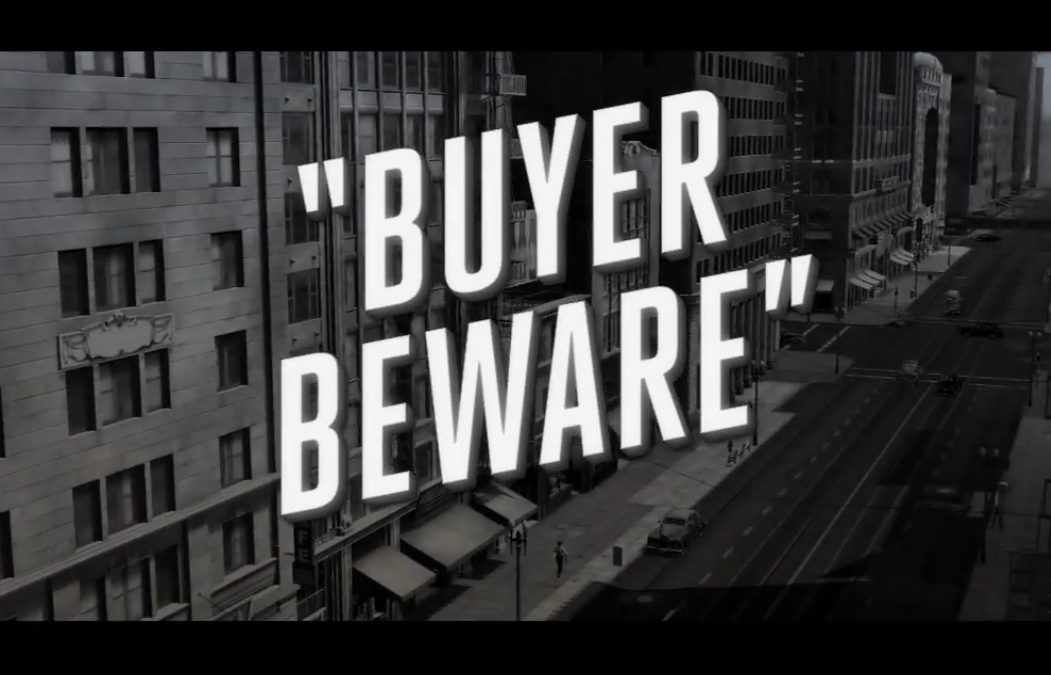Check out our interview on how to protect yourself from unlicensed and unscrupulous builders.
A Surrey woman is fighting to get some of her money back after discovering the builder she hired isn’t licensed as a new home builder in British Columbia.
Queency Marfa says she didn’t learn this critical information until after she signed the deal, and now she’s discovered there are a whole lot of things she should have done differently.
For example, she should have checked the licensing of the builder, as well as had an expert or real estate lawyer take a look at her contract before she signed it.
The Home Builders Association says there’s a lot more to being a good home builder than knowing how to swing a hammer and use a saw – you need business skills too. The company you hire needs to meet regulations and provide up to date paperwork and invoicing.
Larry Clay, VP of the Greater Vancouver Home Builders’ Association, took a closer look at Marfa’s contract and immediately saw a red flag with the warranty the builder was offering.
“This is not a licensed builder providing a 2-5-10 warranty,” Clay said, nothing this means a two-year warranty on labour and materials, five on the building envelope, and 10 years on the structure.
The 2-5-10 warranty is the strongest defect insurance you can get on a new home in Canada, but not every builder can offer one. Only a licensed residential builder can offer a warranty, and it needs to be registered with BC’s Home Protection Office and held by a third-party company – not just the builder.
Clay was also concerned about the 40 per cent down payment required in the contract, given that 10 per cent is the industry standard. He says a home building contract should be very specific, laying out a project schedule and terms of payment. Once construction beings, the consumer should be provided detailed job cost reports and expect weekly project status updates along with receipts for money spent.
Marfa says she’s paid about $80,000 to Steel Dragon Construction Ltd., which is not a licensed builder. Her old house has been demolished, and plans were purchased and submitted for permitting of the new home, but Marfa has been given no receipts for the work that has been done.
“I have no proof of anything of what [the company] has paid and what [the company] has done with the money,” Marfa said.
“If you look at my scope, my scope is going to be hundreds of pages,” says Clay. He offers homebuyers, signed agreements to make sure that workers are paid. Ten percent of the money is held back from subcontractors and kept in trust to protect the consumers from liens. He says only 10 percent of builders offer holdback accounts, but it’s worth requesting.
As for Marfa, she will likely have to go to court to get out of the contract and recover any used funds.
That’s why real estate lawyer Paul Roxburgh highly recommends that anyone building a new home get their own representation before entering into a contract.
“It’s, I think, dangerous for the unsophisticated non-lawyer public to be signing documents like this without some form of representation,” Roxburgh added.
In addition to checking out a builder’s license, check how long they’ve been in business and ask about their background and try to verify their credentials. You should also follow-up with references and ask whether they allow onsite inspections of the project.
Story courtesy of Ross McLaughlin on your side CTV



Recent Comments